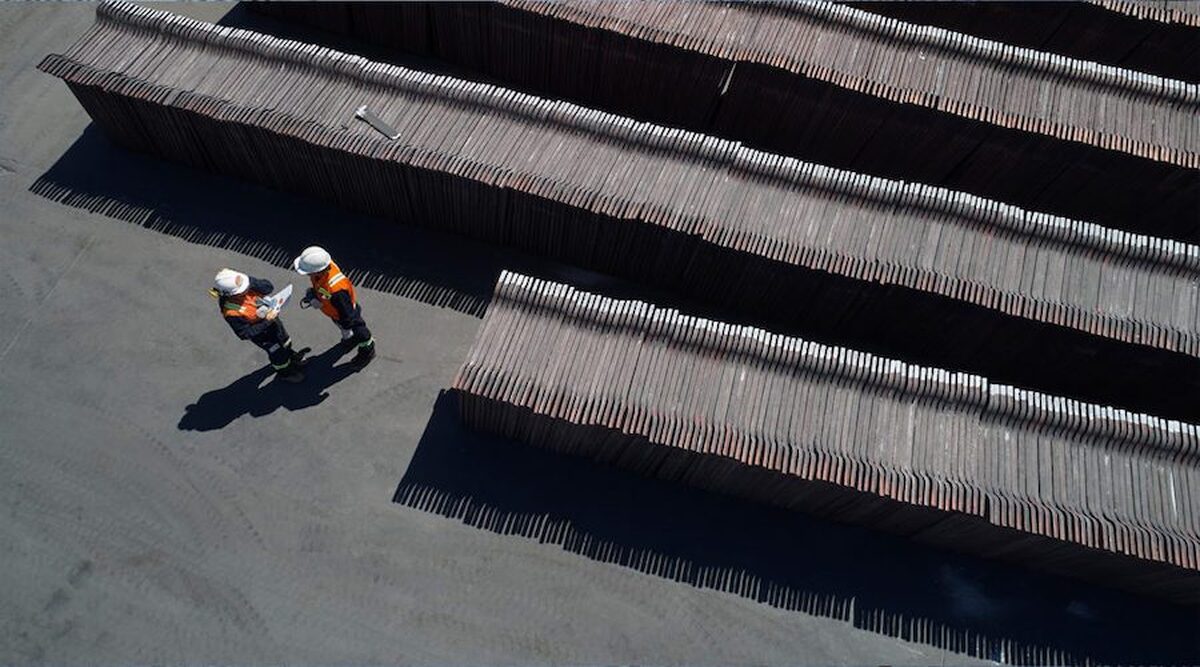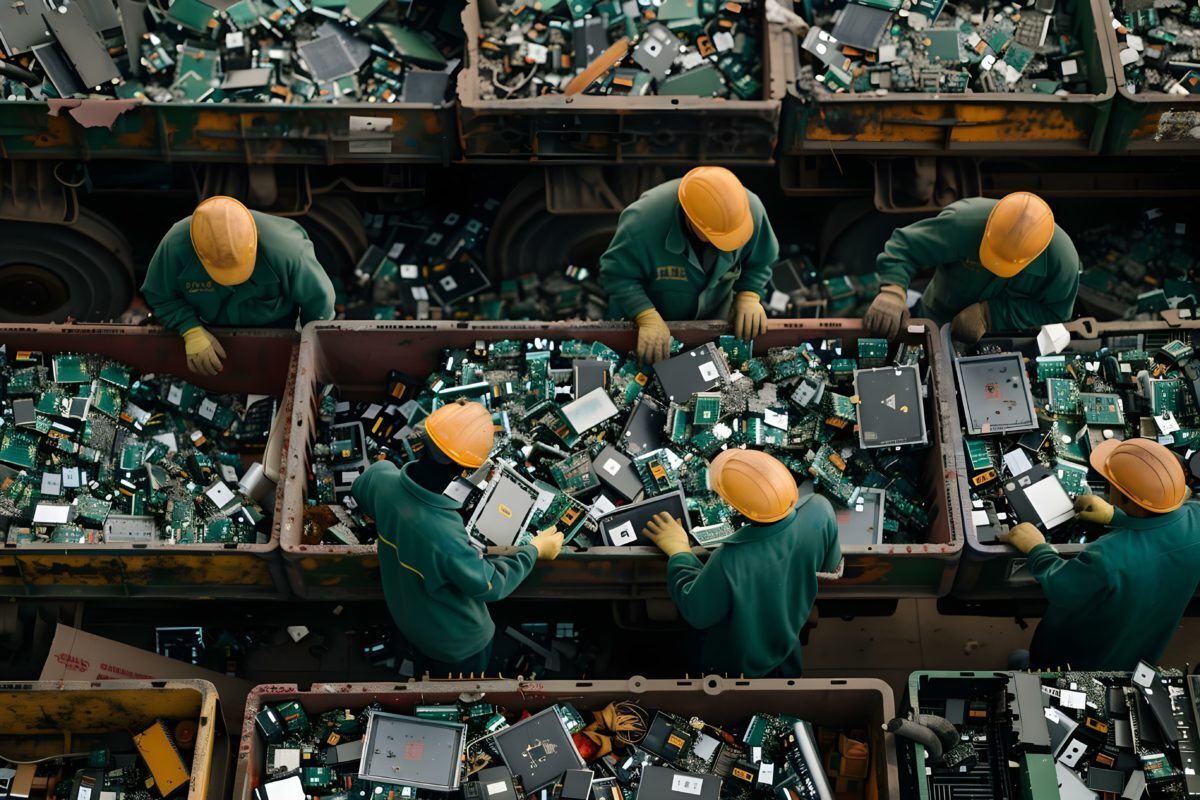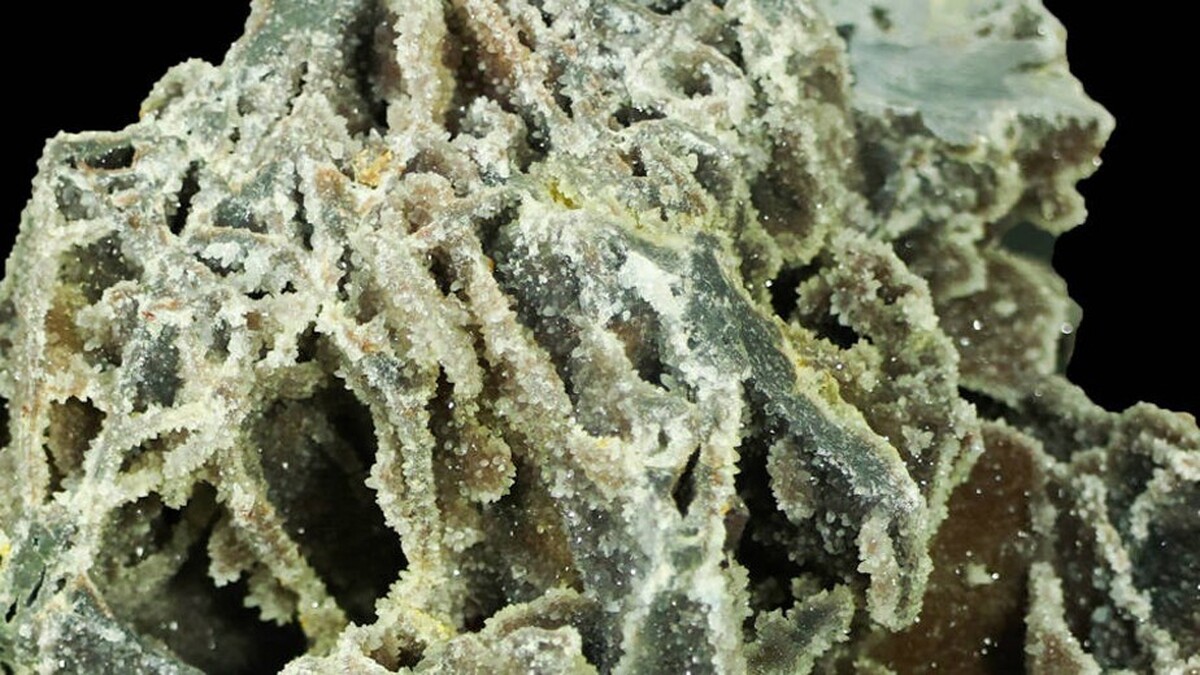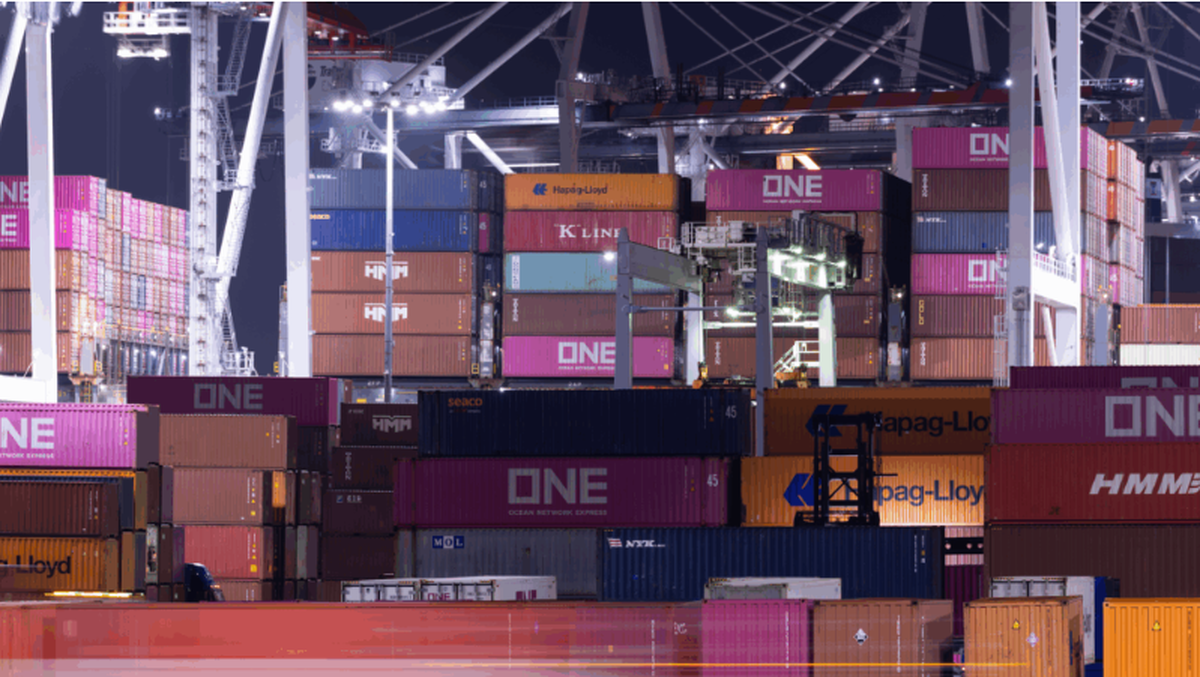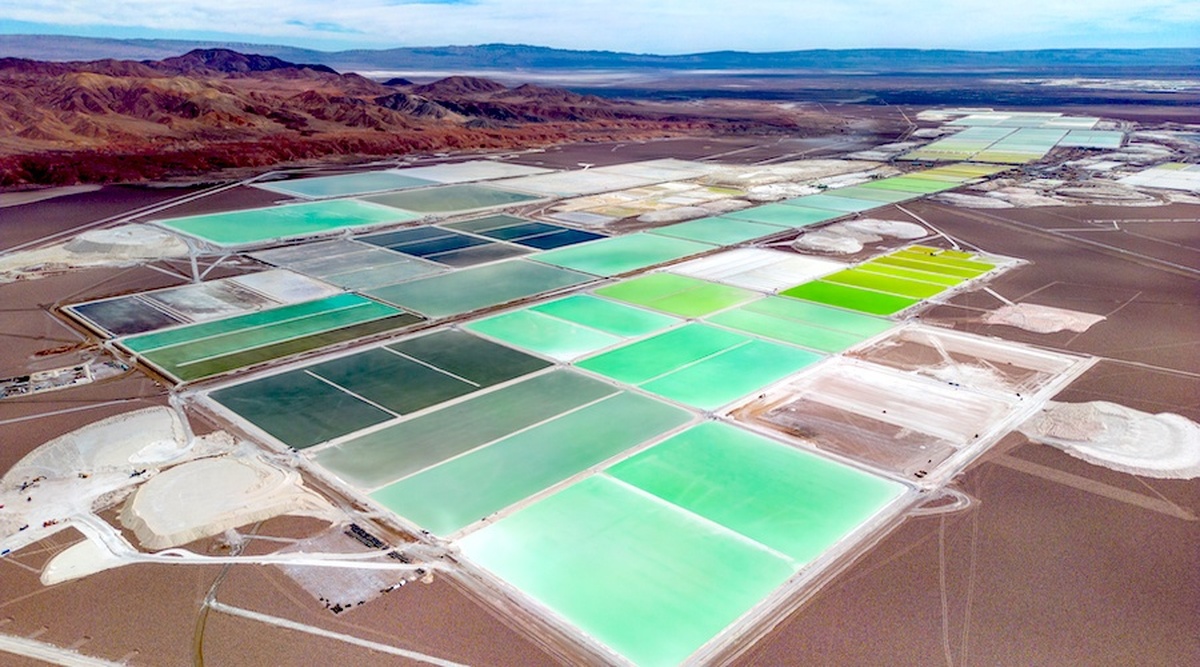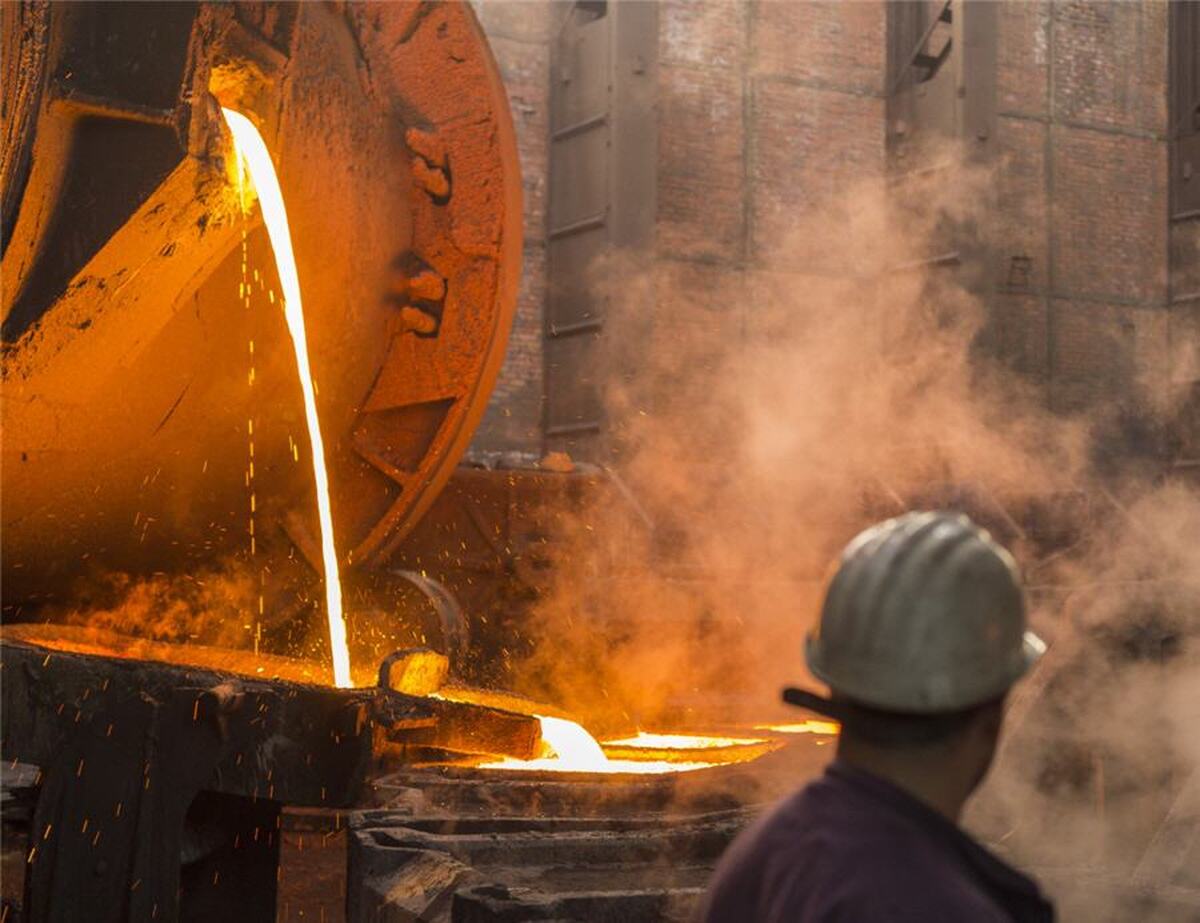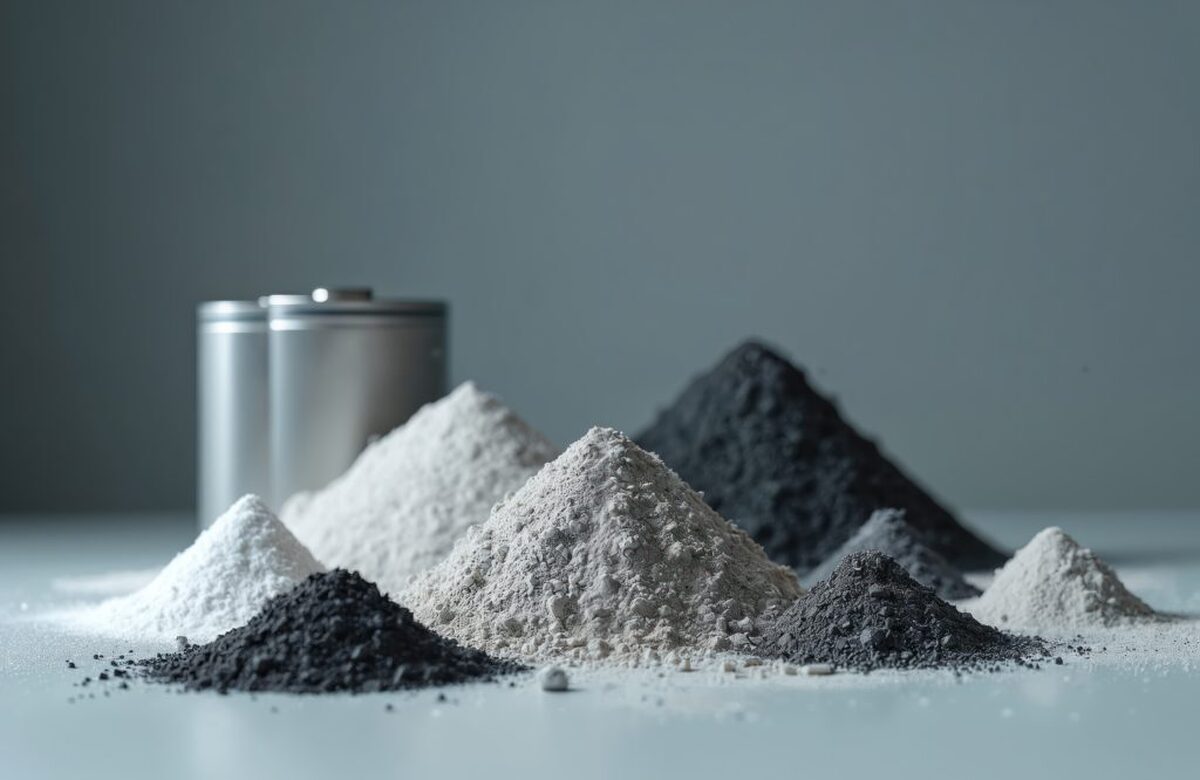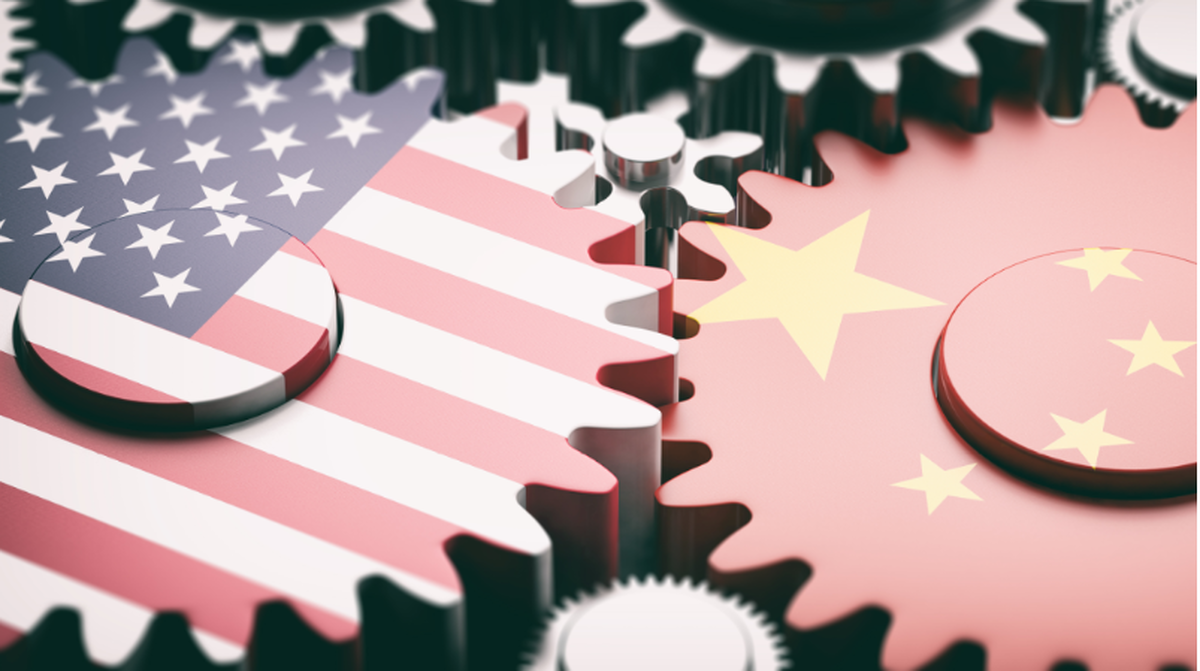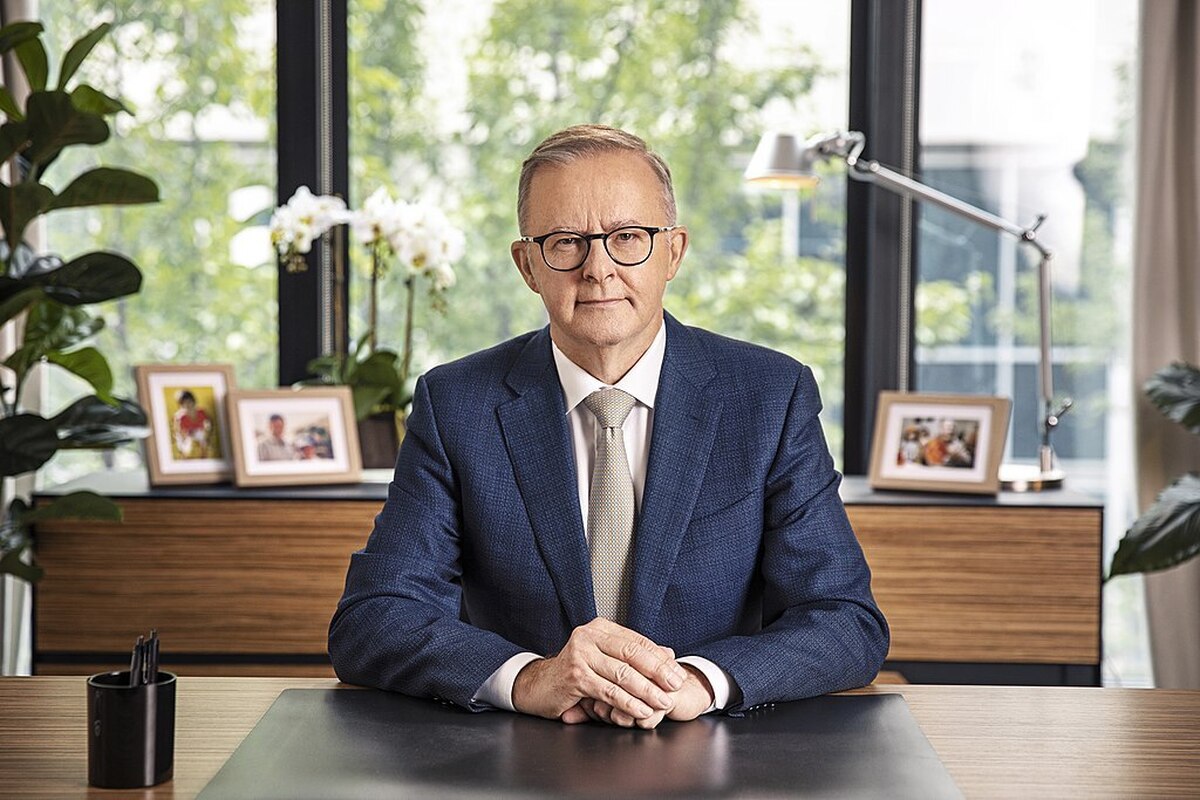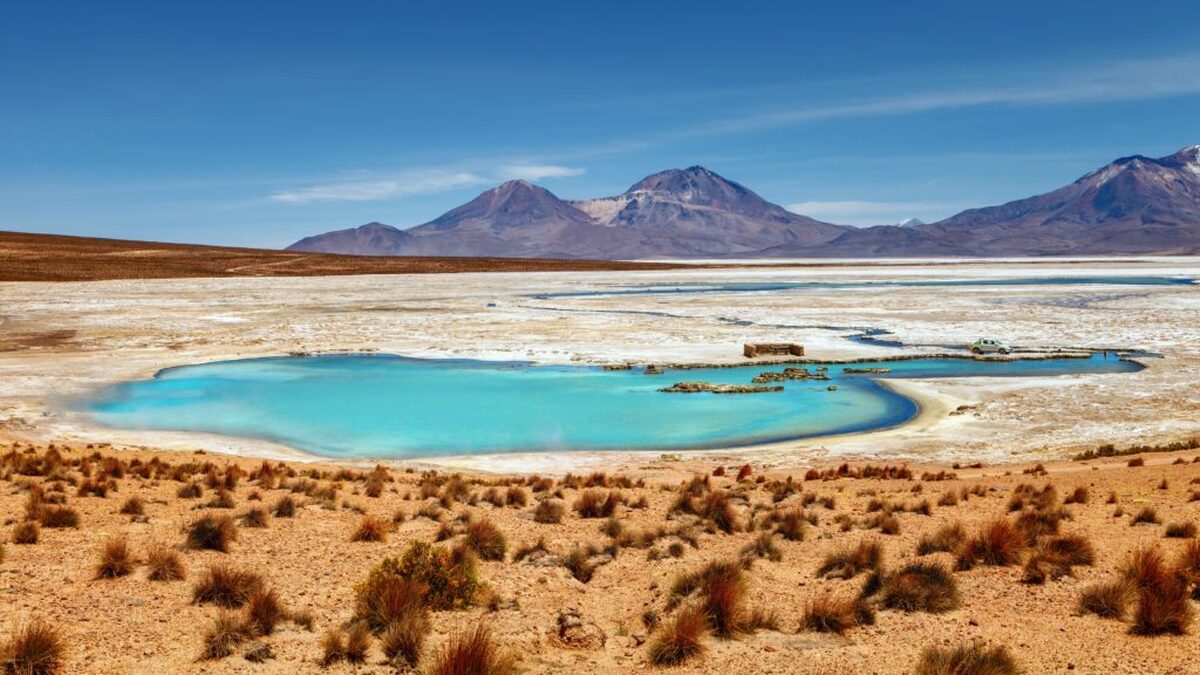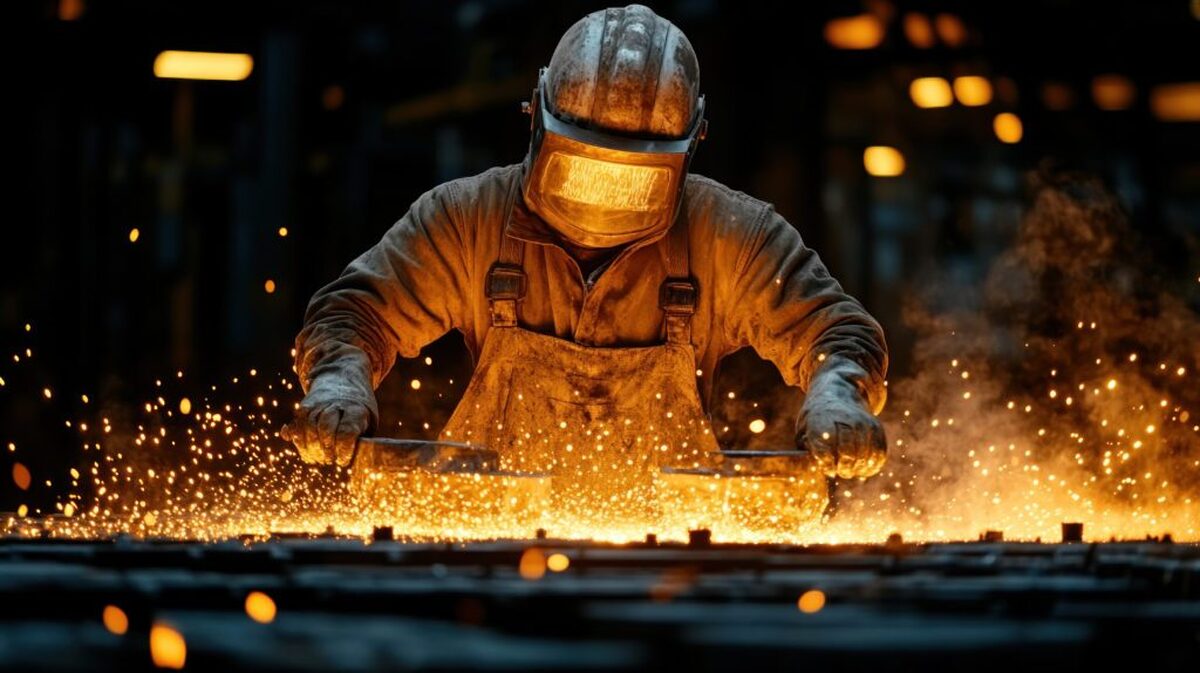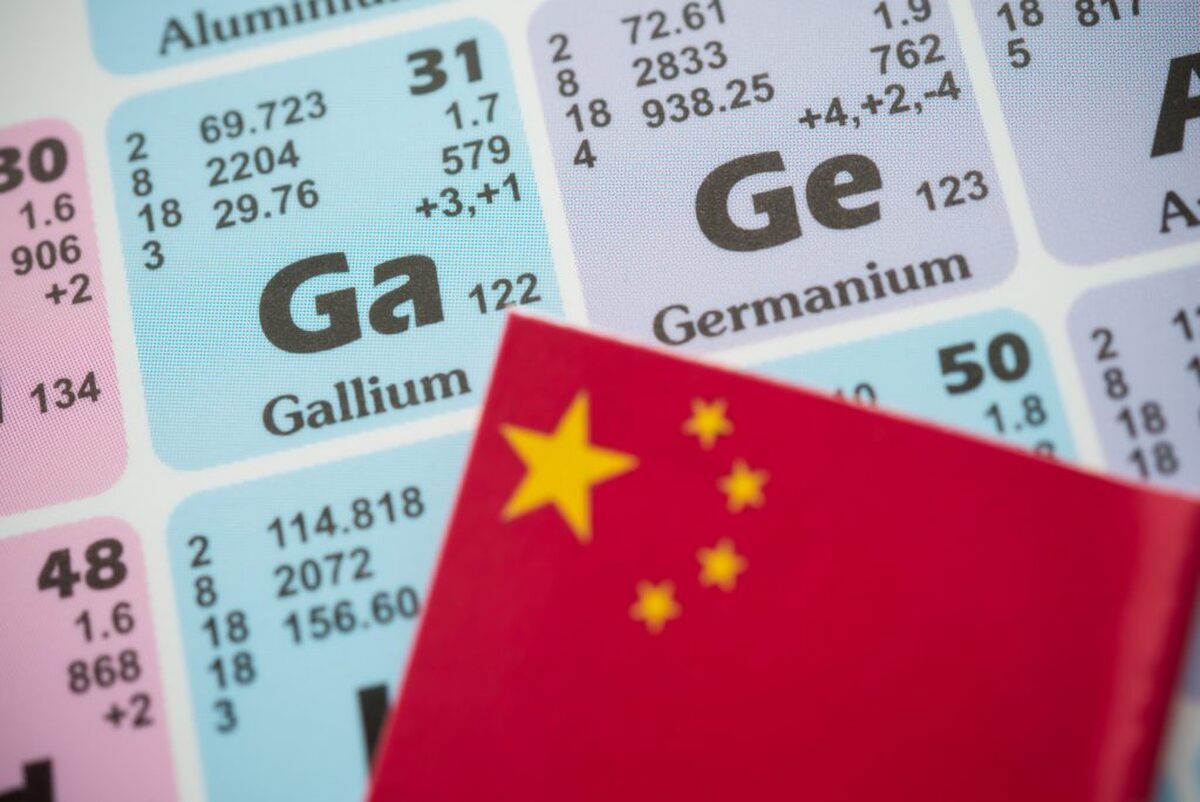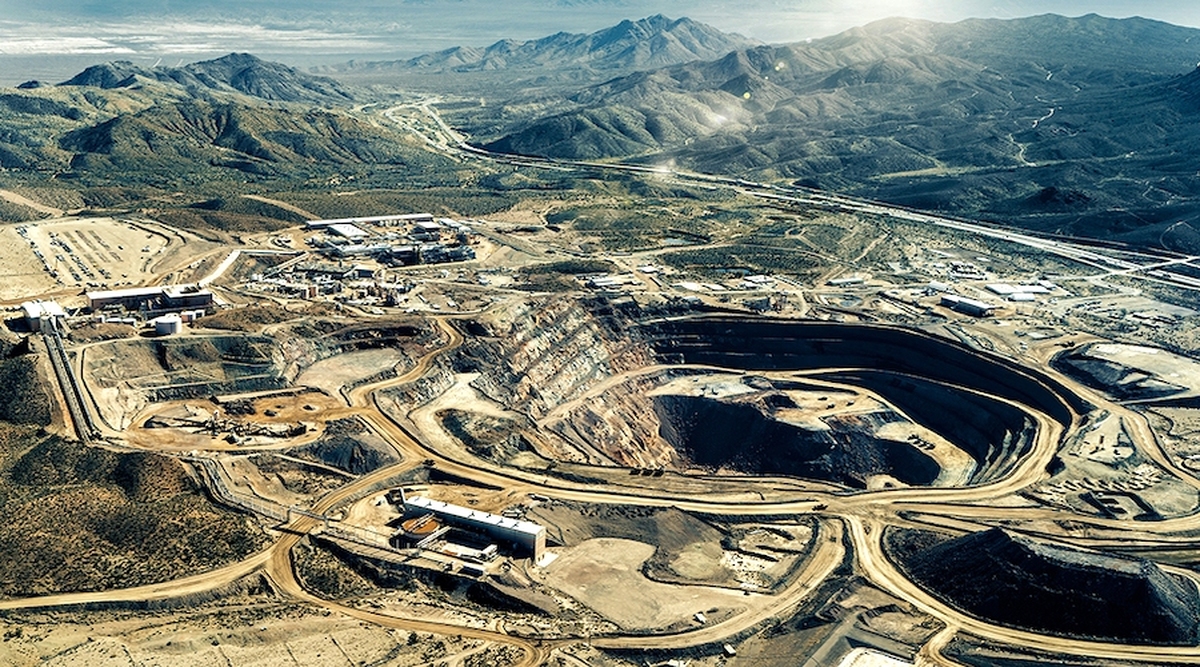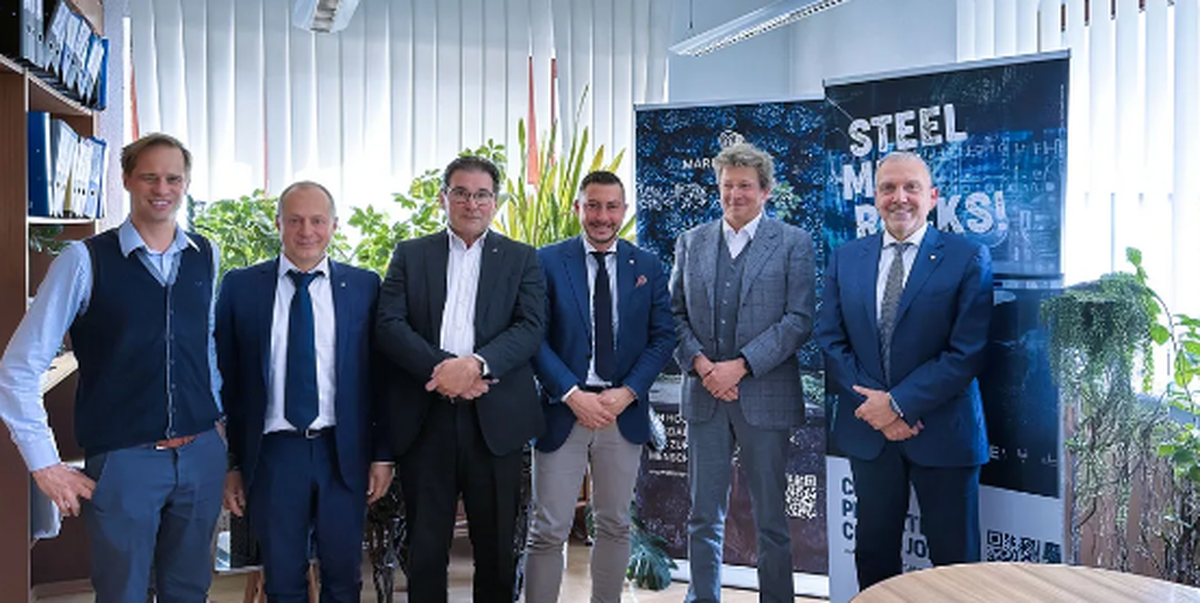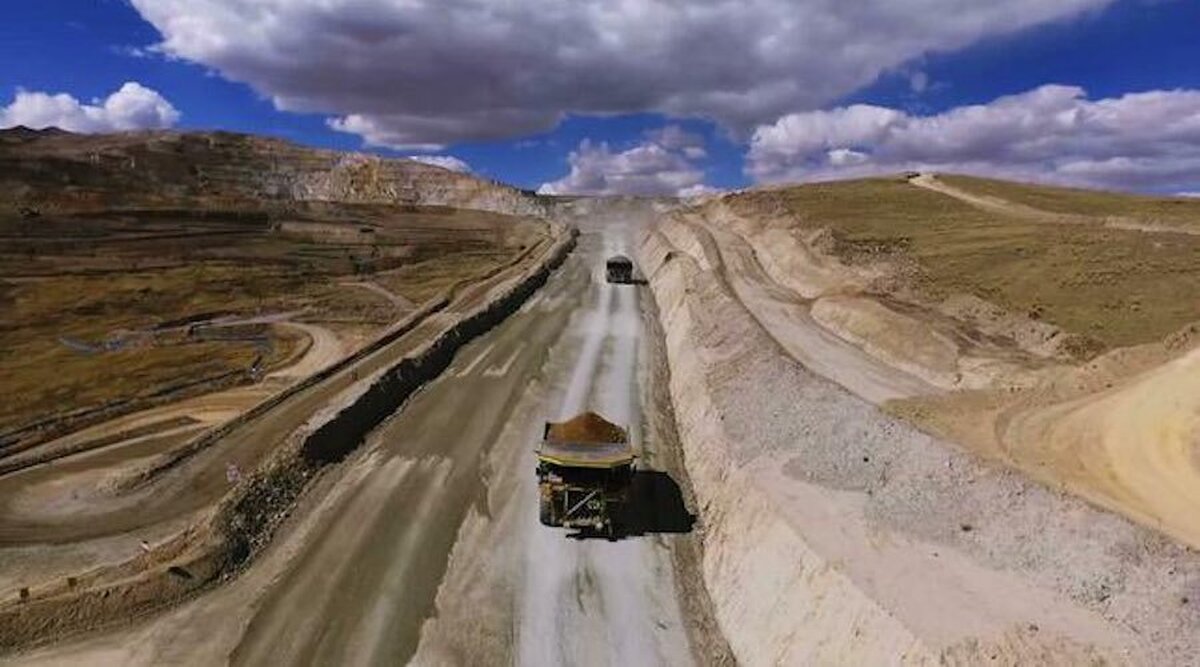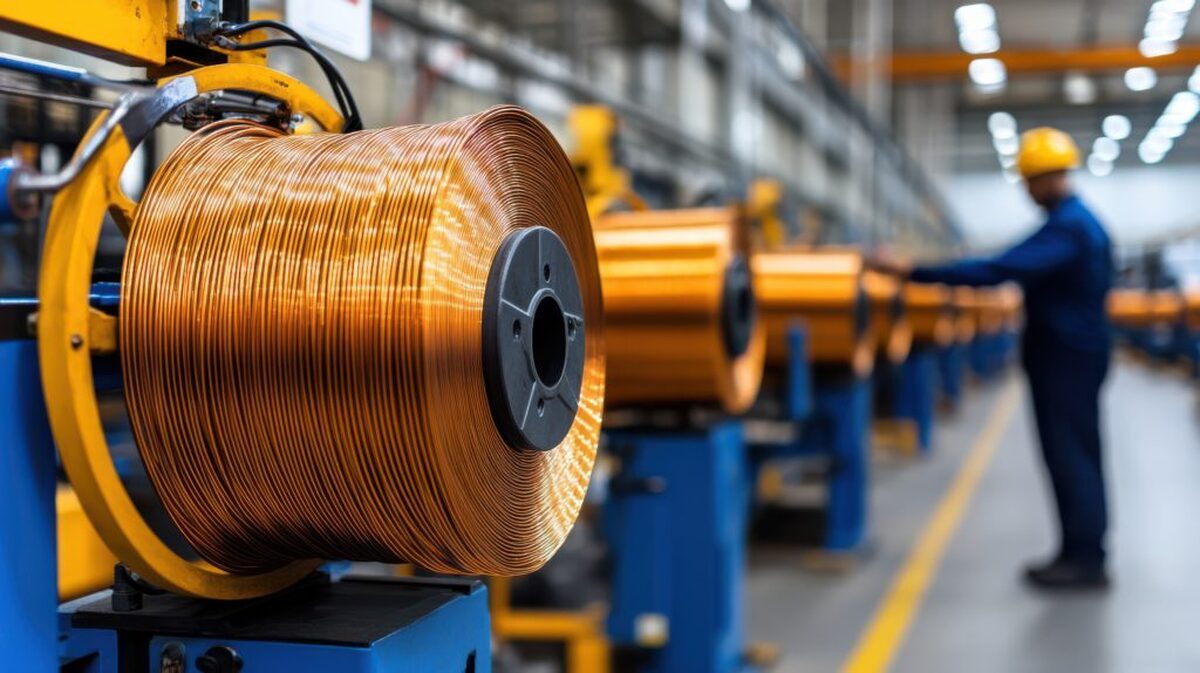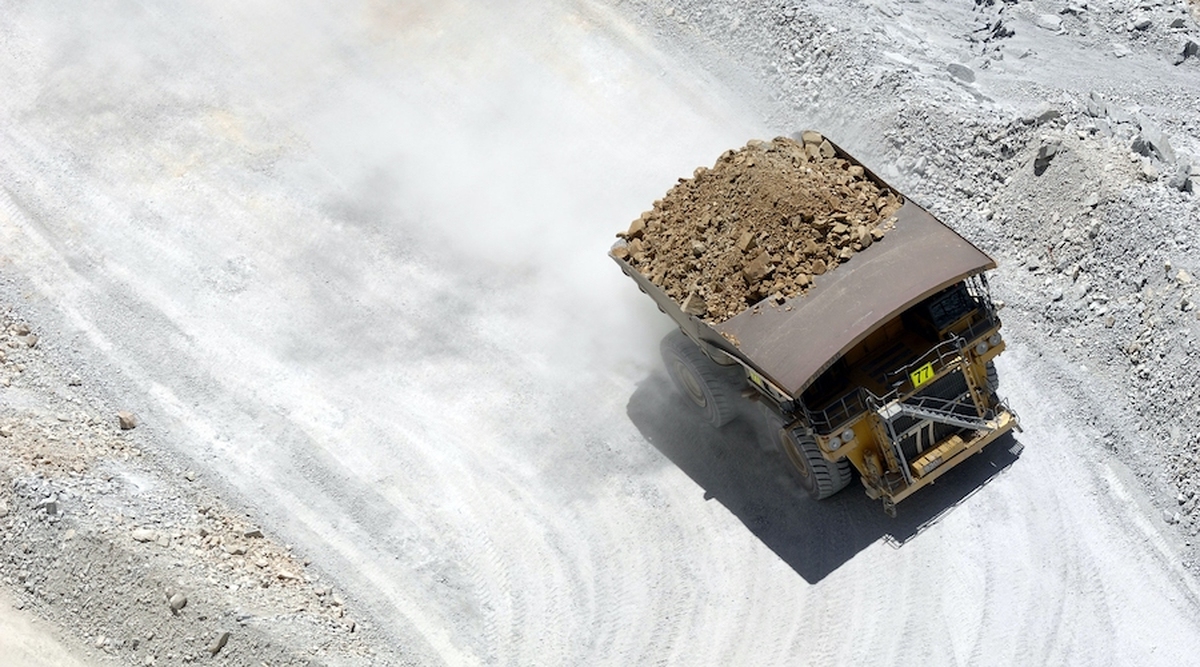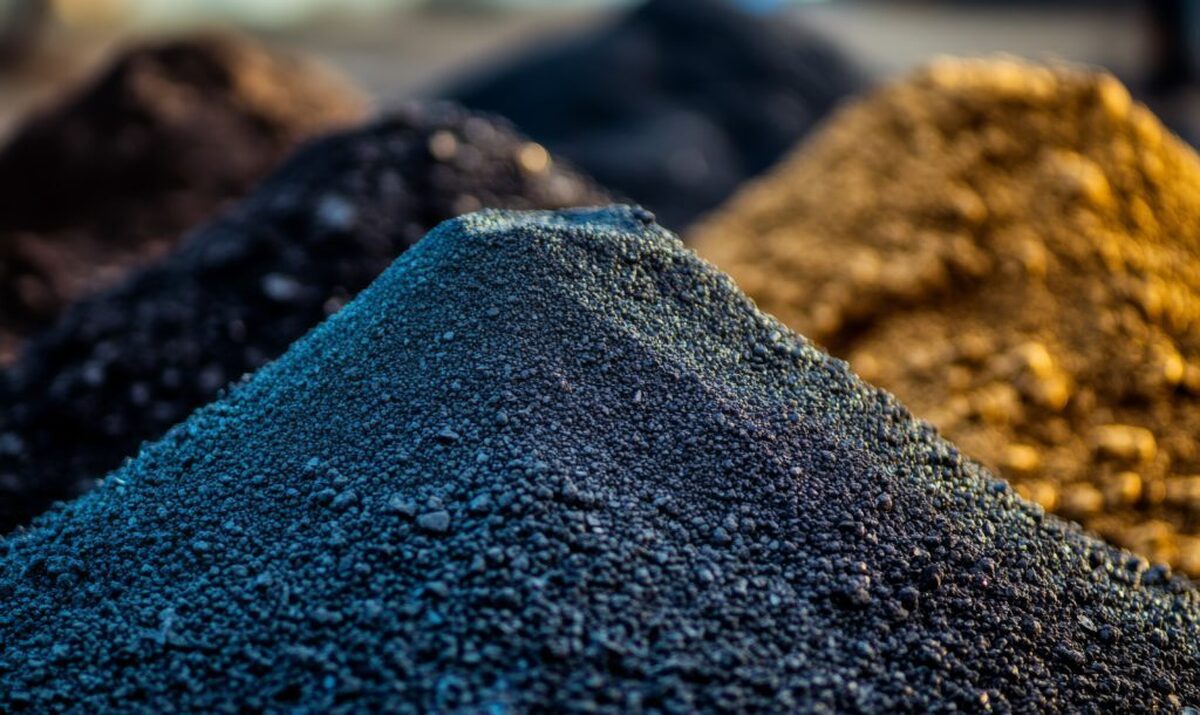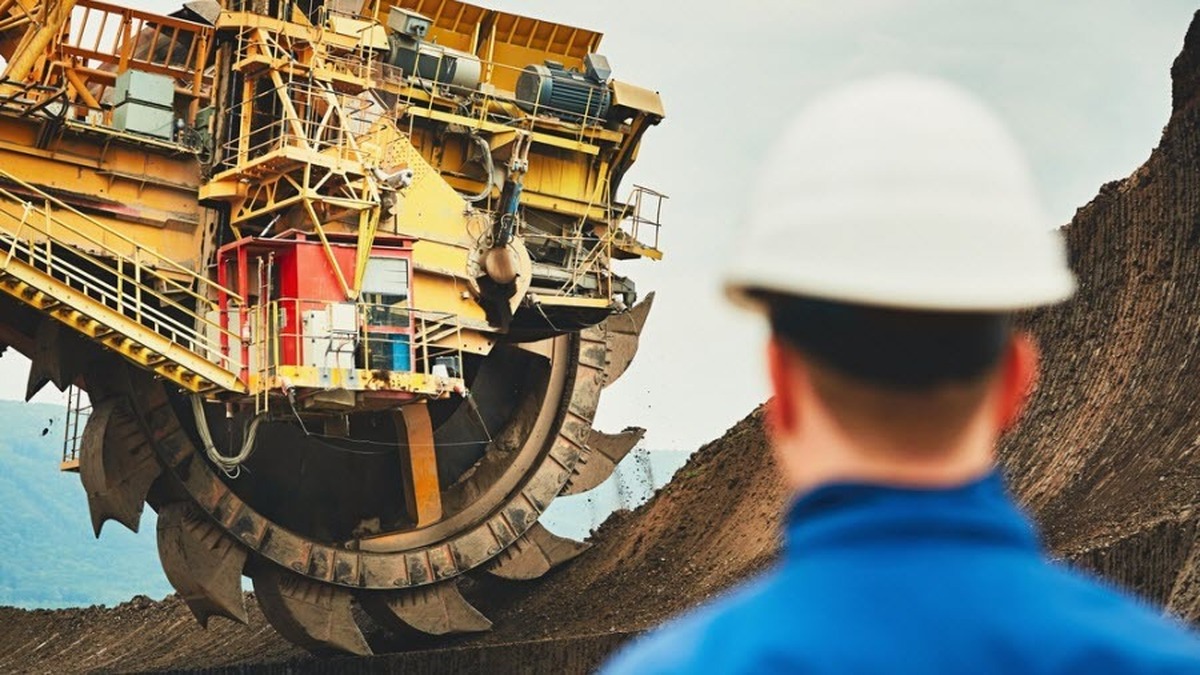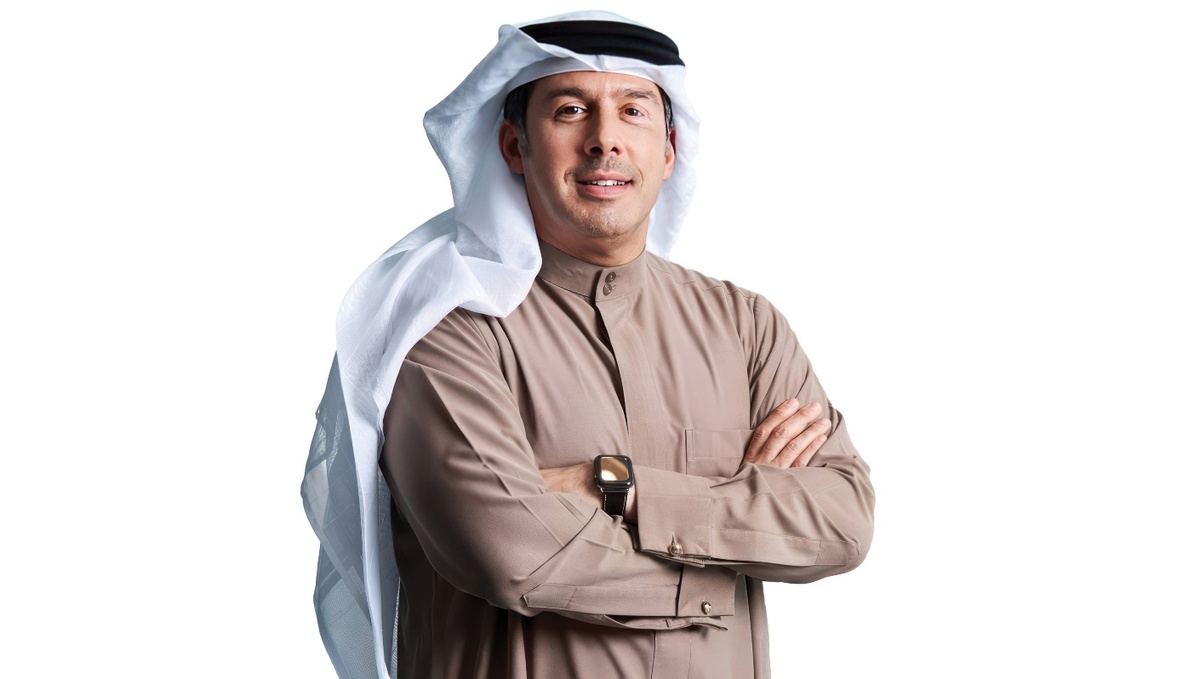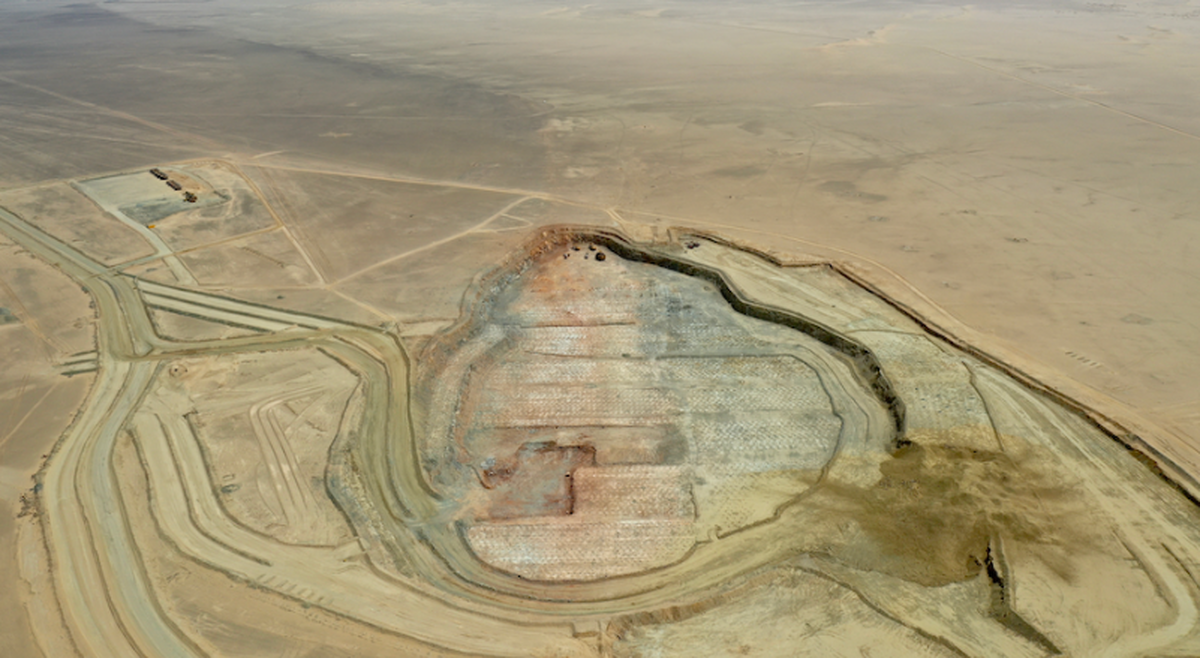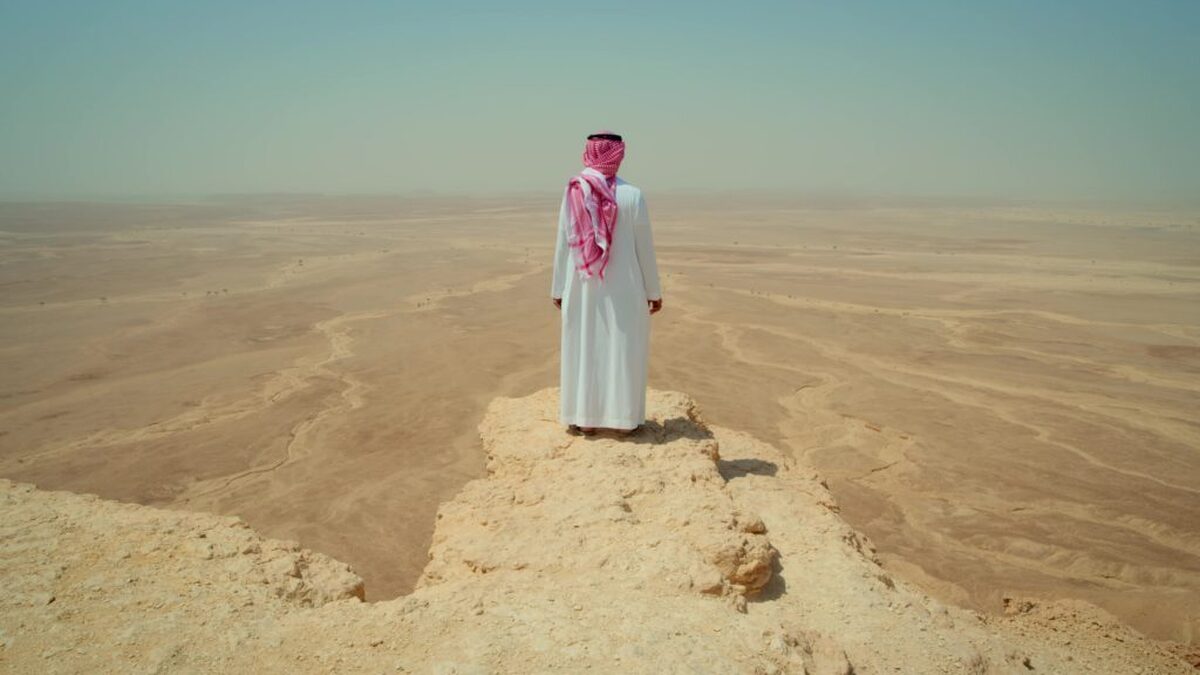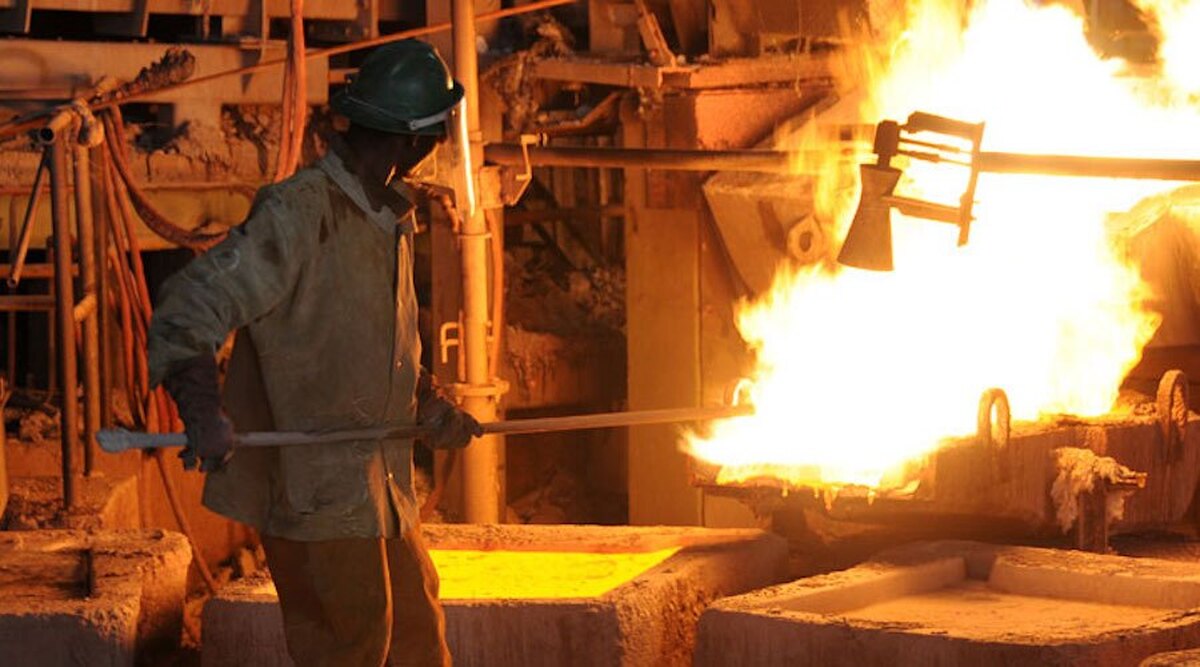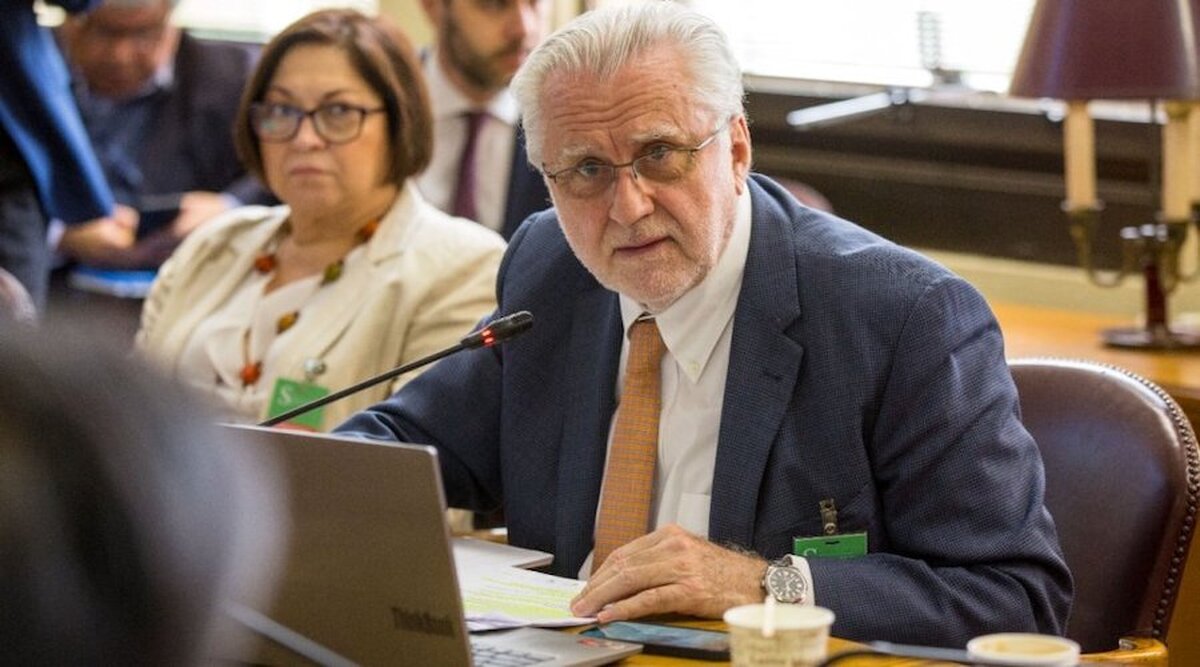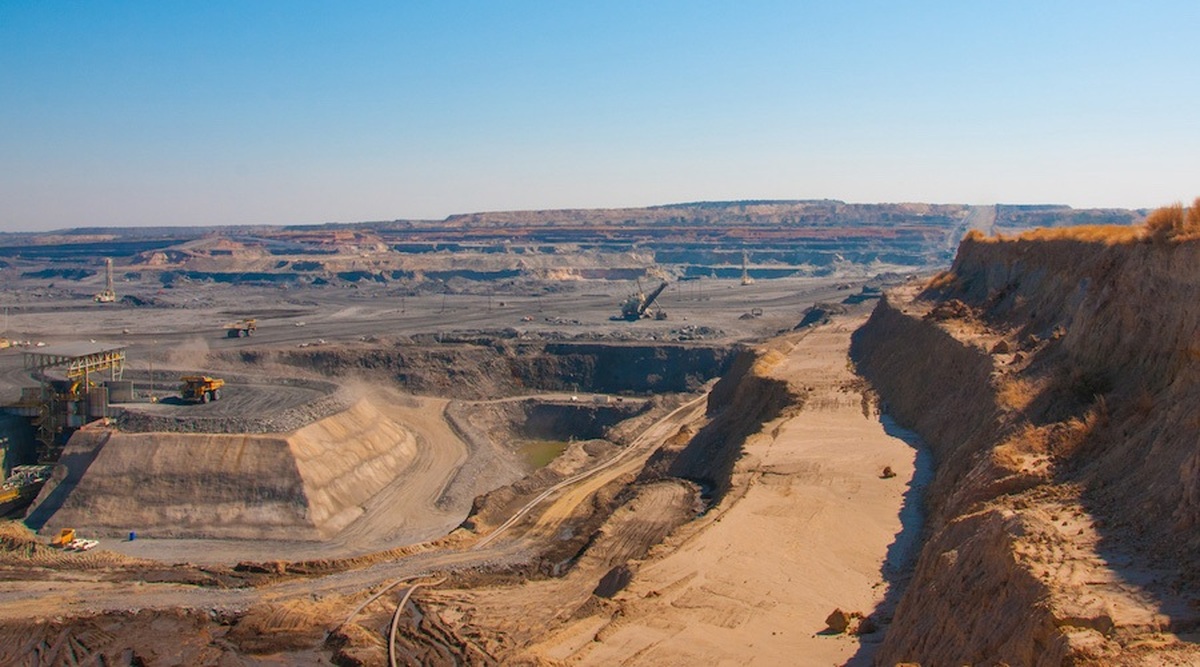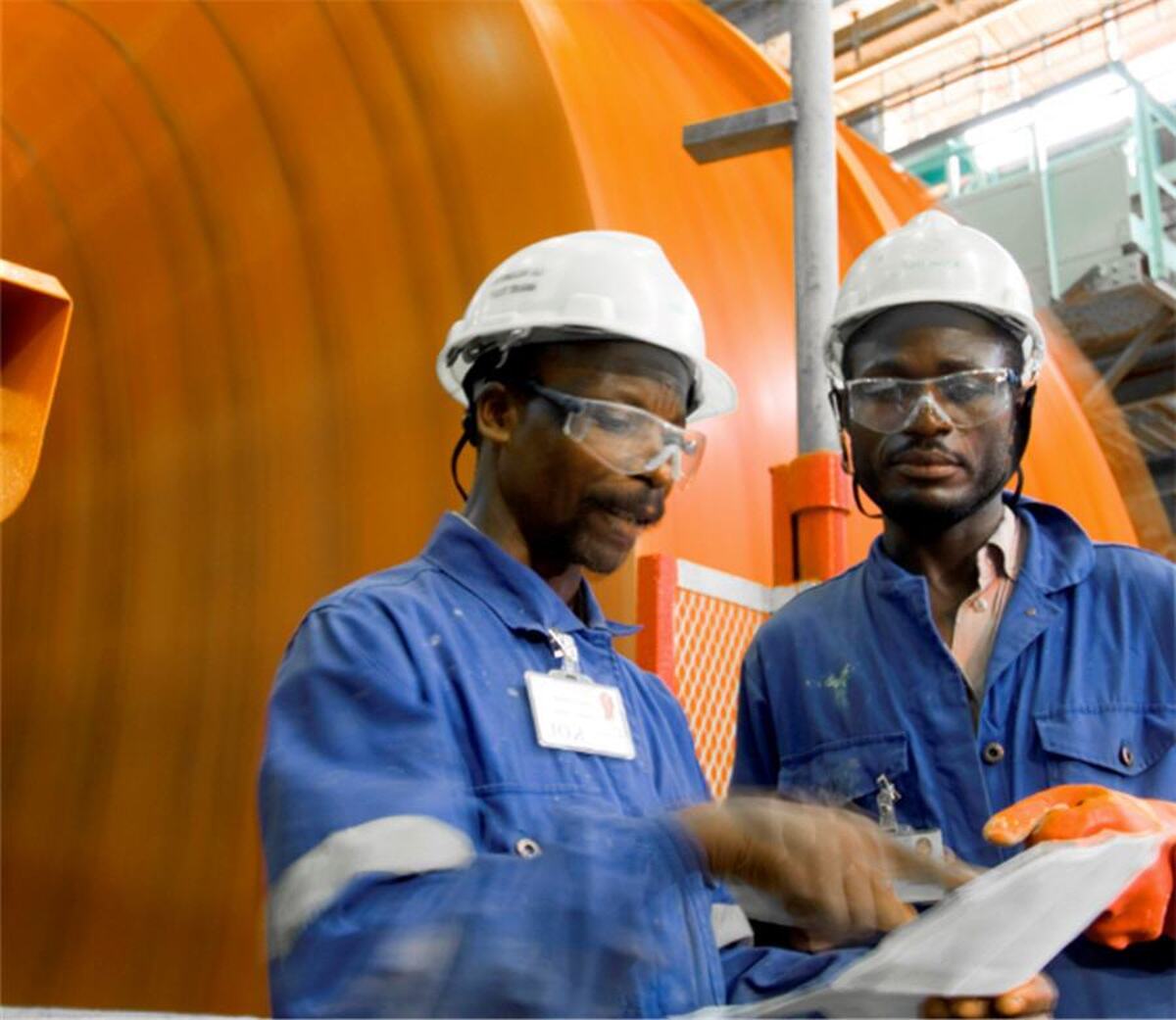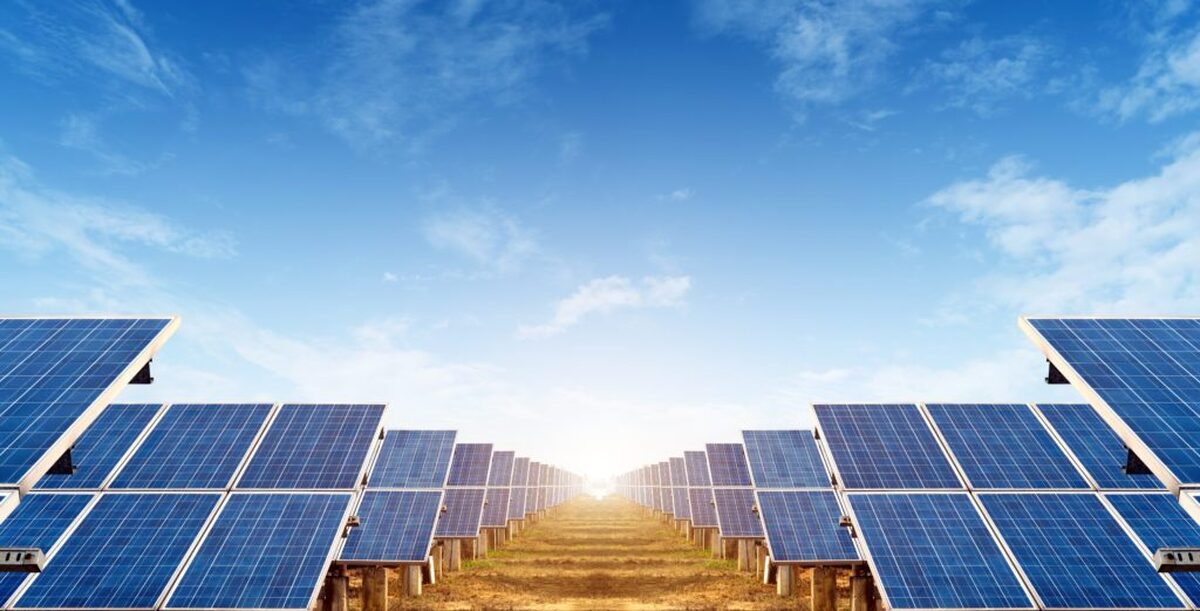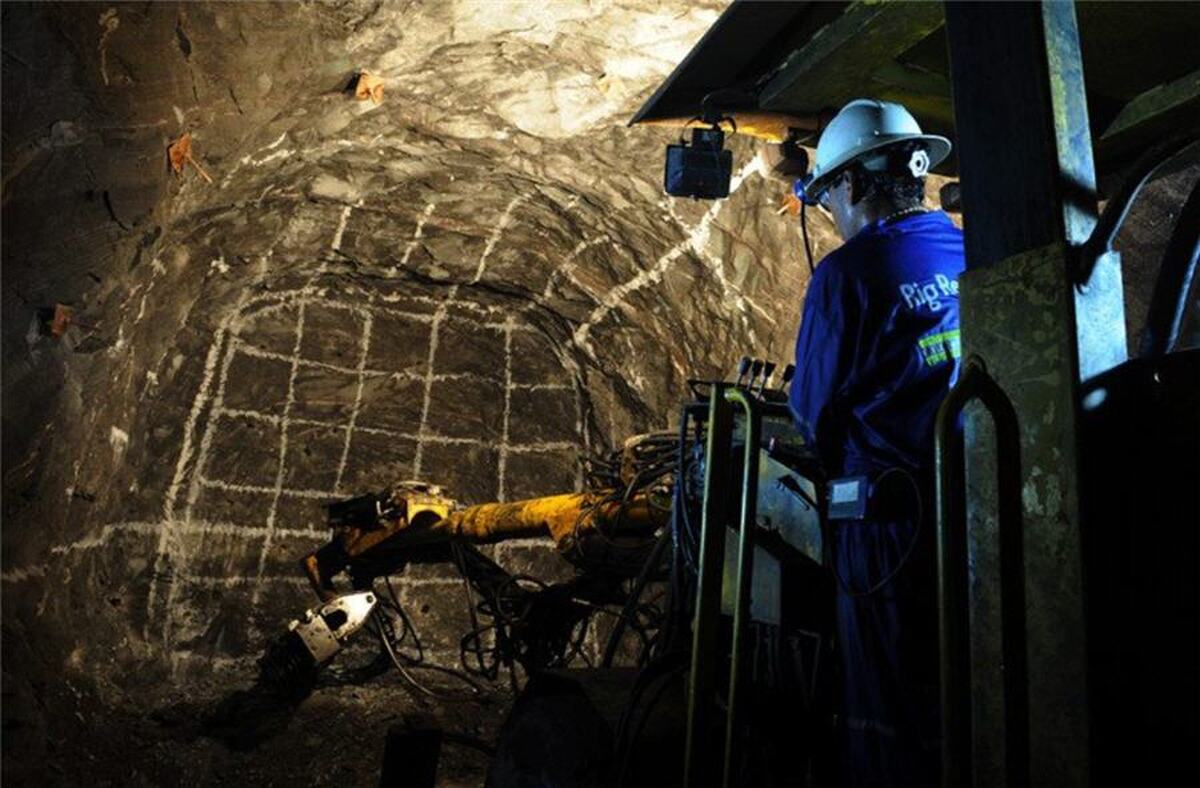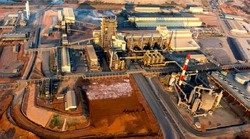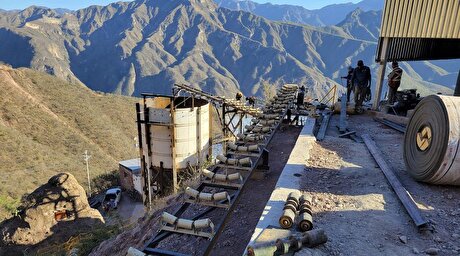
Ma’aden weighs foreign partner for minerals processing pact
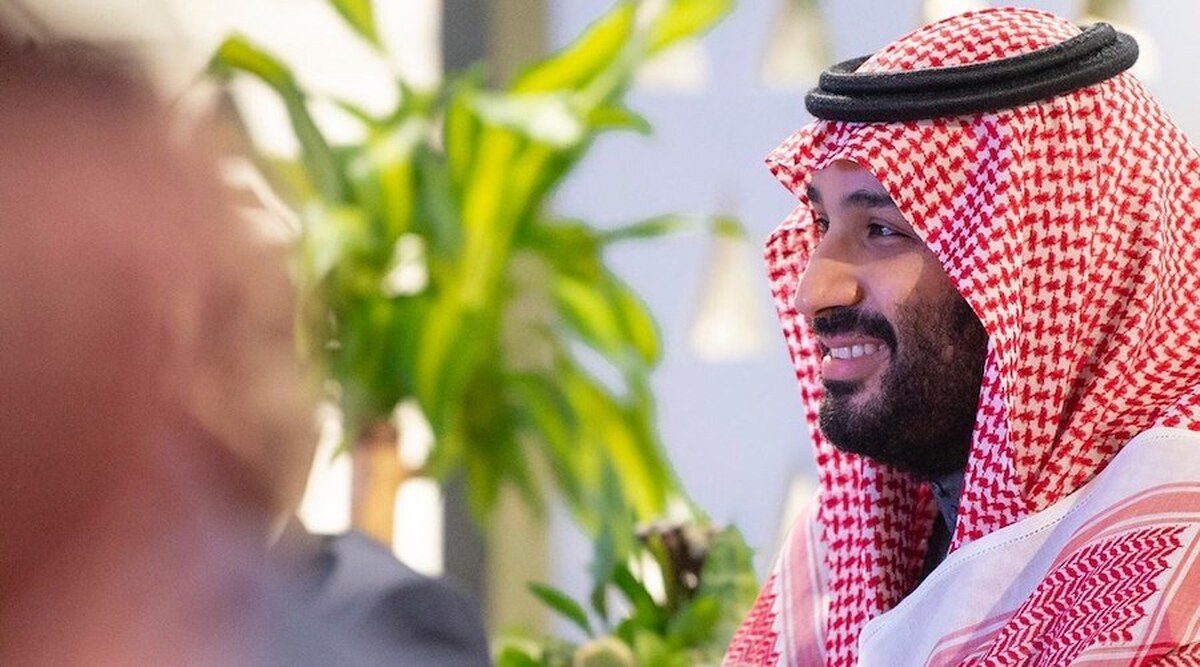
According to me-metals cited from mining.com, Ma’aden is weighing a partnership with US-based MP Materials, China’s Shenghe Resources, Australia’s Lynas Rare Earths or Canada’s Neo Performance Materials, the sources said.
Ma’aden plans to choose at least one partner by the end of June to help develop plans for a rare earths processing facility and eventually a magnet facility inside the kingdom, according to the sources, who were not authorized to discuss the deliberations publicly.
The selection process, details of which have not previously been reported, underscores how minerals processing is fast becoming a necessity for tech-focused economies looking to produce their own building blocks for artificial intelligence, electric vehicles and other sectors.
Saudi’s growing mining industry is a key pillar in de-facto ruler Crown Prince Mohammed Bin Salman’s Vision 2030 program to diversify the economy beyond oil.
The country, and the mining companies controlled by it, are eyeing projects to mine and process several minerals, including lithium, copper, zinc and rare earths, which are used to make magnets that turn electricity into motion for EVs, cell phones and other devices.
Ma’aden and MP declined to comment. Shenghe and Neo did not respond to requests for comment.
Lynas said it is focused on rare earths processing projects in Australia, Malaysia and the United States, and that it “regularly holds discussions with emerging rare earths companies around the world.”
Once chosen, the partner and Ma’aden will study how best to mine and process Saudi Arabia’s vast reserves of the minerals, a timeline expected to be finished by this December, one of the sources said.
Of the four companies under consideration, Shenghe and Neo have the most experience with rare earths processing and magnet production, although MP has been working to boost both inside the United States. Lynas processes rare earths in Malaysia and is building a refinery in Texas.
The standard process to refine rare earths can be dirty, expensive and time-consuming, fueling a push by scientists for better methods. Rare earths processors must contend with 17 metals, depending on a deposit’s geology, each of which is nearly the same size and atomic weight, making separation complex.
Those rare earths must be teased out in a specific order, a logistical challenge that would prevent Ma’aden and any future partner from cherry-picking specific elements they may want.
MP, which supplies Shenghe with rare earths from its California mine for processing inside China, invested in a Vietnamese rare earths processing facility with Shenghe in 2023. Both companies said earlier this year they planned to unwind that partnership.
China’s upper hand
China started rapidly expanding in the industry during the 1980s and now controls nearly 90% of global rare earths refining capacity, according to the International Energy Agency. Geologists with the state-controlled China Geological Survey have been mapping out Saudi Arabia’s mineral reserves since 2023.
China’s prowess in the minerals sector has helped propel the country’s economy to the second-largest in the world, a reality that the US and others have acknowledged and are working to break, especially after Beijing banned the export of rare earths processing technology in 2023.
Last week, Beijing placed export restrictions on rare earths, magnets and other finished products.
US President Donald Trump last month invoked wartime powers to in part boost American metals refining.
Saudi officials last year nearly doubled their estimate for the kingdom’s minerals reserves to $2.5 trillion, an increase largely due to the addition of rare earths.
Riyadh aims to have those rare earths processed into a form that can be used to make electronics inside the kingdom and does not want the supply chain to be exported elsewhere, according to one of the sources.
Broad investments
The move is only one part of Riyadh’s latest push into the minerals supply chain. The Global Supply Chain Resilience Initiative, a government program under the Saudi government’s National Investment Strategy, last November said it would invest 35 billion riyals ($9.32 billion) in copper smelters and refineries from India’s Vedanta and a zinc smelter from China’s Zijin.
The Saudi government’s sovereign wealth fund is the largest shareholder in California-based EV manufacturer Lucid, which in 2023 opened its first plant outside the US in Saudi Arabia.
Australia’s Hastings Technology Metals has also signed a nonbinding memorandum of understanding with the National Investment Strategy for a potential rare earths facility. US firm Critical Metals signed a non-binding MOU last year to explore the construction of a lithium refinery in Saudi Arabia with Riyadh-based Obeikan Group.
Ma’aden, which is controlled by the Saudi wealth fund, said last May it had successfully extracted lithium from seawater and was working to make the process commercially viable.
source: mining.com
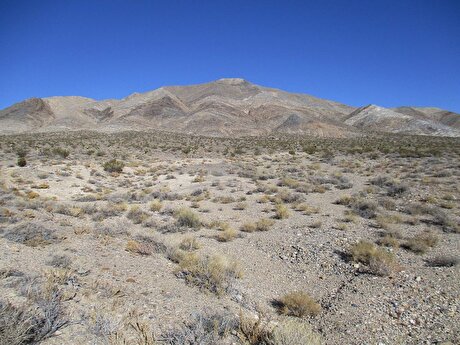
Locksley Resources forms US alliances to establish domestic antimony supply chain

Critical Metals, Ucore ink 10-year offtake deal to supply rare earths to US plant
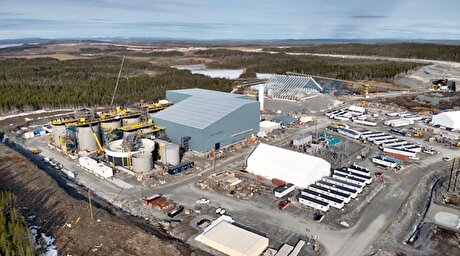
Equinox Gold kicks off ore processing at Valentine mine

India considers easing restrictions on gold in pension funds

